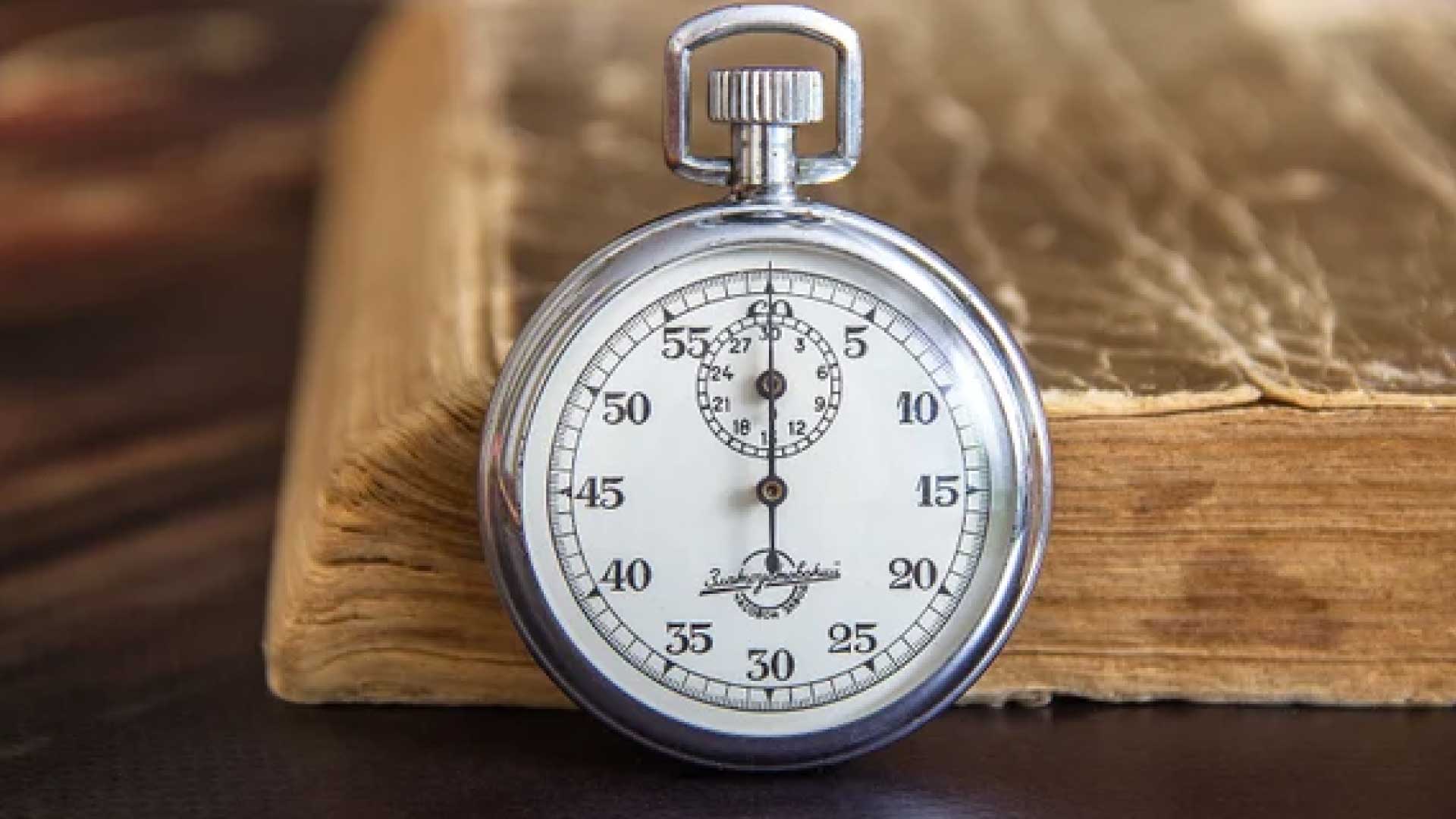
Stopwatch Calibration in Bangladesh
In the world of industrial testing, laboratory analysis, and research, accuracy in time measurement plays a critical role. Whether it’s for process validation, quality assurance, or equipment testing, the precision of a stopwatch directly affects performance outcomes. This is where Stopwatch Calibration in Bangladesh becomes essential. Calibration ensures that your stopwatch delivers accurate and consistent time readings as per international standards — helping industries maintain reliability and compliance.
What is Stopwatch Calibration?
Stopwatch calibration is the process of verifying and adjusting the accuracy of a stopwatch or timer by comparing it with a standard reference time source, typically a traceable atomic or GPS-based standard. Over time, due to wear and tear or environmental changes, the internal quartz oscillator of a stopwatch can drift, leading to timing inaccuracies. Calibration corrects these deviations and provides a traceable calibration certificate to prove compliance with recognized measurement standards such as ISO/IEC 17025 or NIST.
Why Stopwatch Calibration Matters
In Bangladesh, industries like power & energy, manufacturing, pharmaceuticals, aviation, education, and laboratories rely on precise time measurement for various testing procedures. A minor error in time measurement can lead to data inaccuracy, test failure, or even equipment malfunction. Below are a few key reasons why regular stopwatch calibration is so important:
1. Accuracy in Testing
Accurate time measurement ensures that experimental and testing results are valid and repeatable. In sectors like pharmaceuticals and materials testing, a single second can make a difference in chemical reactions or load testing.
2. Compliance with International Standards
Many industries in Bangladesh are ISO-certified or follow ASTM, IEC, or BS standards. These global standards mandate that all measuring instruments, including stopwatches, must be calibrated periodically to ensure traceability and compliance.
3. Enhanced Quality Assurance
Stopwatch calibration supports your quality control system by ensuring that all your time-based measurements are correct and traceable. It demonstrates a commitment to maintaining high standards.
4. Reduces Downtime and Risk
Uncalibrated instruments can lead to process errors or test failures, causing rework or product recalls. Regular calibration minimizes such risks and ensures operational efficiency.
5. Confidence and Traceability
A calibration certificate from an accredited laboratory provides documented proof that your stopwatch meets the required accuracy. It builds confidence for clients, auditors, and regulatory bodies.
Industries That Require Stopwatch Calibration in Bangladesh
The demand for stopwatch calibration services in Bangladesh is growing rapidly, especially across the following sectors:
-
Power & Energy Plants: For measuring start-up times, system checks, and control processes.
-
Pharmaceuticals & Healthcare: Used in stability studies, process validations, and testing environments.
-
Educational Laboratories: Engineering and science labs use stopwatches for experimental setups.
-
Manufacturing & Quality Control: For cycle time studies, production line analysis, and equipment testing.
-
Aviation & Transport: For operational timing, testing, and calibration of other time-sensitive systems.
How Stopwatch Calibration is Performed
The calibration procedure for a stopwatch typically includes the following steps:
-
Visual Inspection: The device is examined for physical damage, button functionality, and display clarity.
-
Functional Check: The stopwatch is started and stopped several times to verify smooth operation.
-
Reference Comparison: The time measured by the stopwatch is compared against a traceable time standard, often using a Time Interval Counter or a GPS Disciplined Oscillator.
-
Adjustment (if applicable): Some digital stopwatches allow fine adjustments to correct time deviations.
-
Documentation: A Calibration Certificate is issued with results showing measured error, uncertainty, date, and traceability references.
Each step ensures the stopwatch operates within the manufacturer’s accuracy specifications and international tolerance limits.
Frequency of Calibration
The recommended calibration interval for a stopwatch is typically once every 12 months, depending on usage conditions. However, if the stopwatch is used in critical measurements, high-temperature environments, or vibration-prone locations, more frequent calibration is advised. Regular calibration helps avoid cumulative errors and keeps your processes compliant.
Choosing a Reliable Stopwatch Calibration Service in Bangladesh
When selecting a calibration service provider in Bangladesh, ensure the laboratory:
-
Has ISO/IEC 17025 accreditation or follows traceable calibration practices.
-
Uses advanced, traceable reference instruments.
-
Provides a detailed calibration certificate with uncertainty values.
-
Offers on-site or in-lab calibration options.
-
Ensures fast turnaround time and competitive pricing.
These factors ensure your stopwatch calibration is both accurate and internationally recognized.
Pico Labs Ltd. — Your Trusted Partner for Stopwatch Calibration in Bangladesh
At Pico Labs Ltd., we specialize in providing precise calibration services for stopwatches, timers, and other time-measuring instruments across Bangladesh. With advanced calibration equipment and trained professionals, we ensure your instruments meet the highest international standards.
Our calibration lab offers:
✅ Traceable calibration reports (ISO/IEC standard)
✅ Quick turnaround and on-site support
✅ Affordable and reliable calibration solutions
✅ Services across Power & Energy, Pharmaceutical, and Industrial sectors
Pico Labs Ltd. is committed to supporting Bangladesh’s growing industrial and testing sectors with accurate, reliable, and traceable calibration services — helping your business maintain quality, compliance, and confidence.
In today’s precision-driven industries, stopwatch calibration in Bangladesh is not a luxury — it’s a necessity. It ensures that your measurements are accurate, traceable, and compliant with global standards. Partnering with a professional service provider like Pico Labs Ltd. guarantees reliability and precision in every second you measure.
For trusted calibration services that keep your instruments performing at their best — choose Pico Labs Ltd., your reliable partner in precision.
